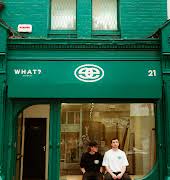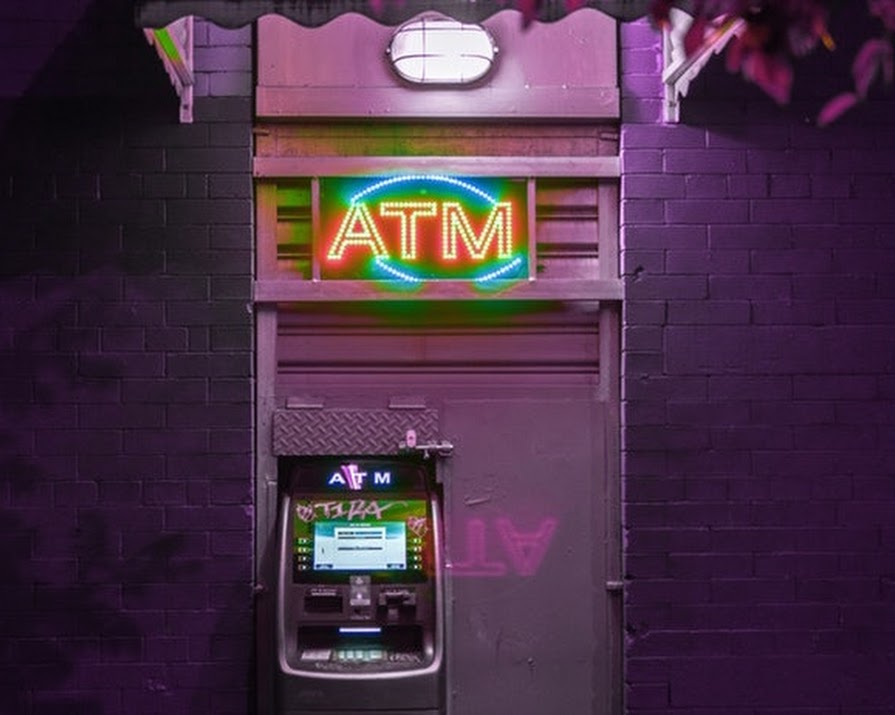
This new campaign is highlighting how financial abuse affects women in Ireland
By Erin Lindsay
29th Apr 2019
29th Apr 2019
How would you feel if you had restricted access to your money? If you couldn’t get it without answering a list of intrusive questions about why you needed it and how you would spend it? For almost 200,000 women across Ireland today, this is their reality — they are dealing with financial abuse.
What is financial abuse?
Financial abuse is a form of domestic abuse. The abuser uses money as a means of controlling their partner — by controlling their partner’s access to money, they force them to choose between staying in an abusive relationship or living in poverty.
Some ways that financial abuse can occur include not being allowed to have independent income; not being allowed to buy personal items like tampons; taking the woman’s money or emptying shared bank accounts; forging the woman’s signature on cheques, and denying money for food or bills.
According to Women’s Aid Impact Report 2018, one in 10 women in Ireland is in a financially abusive relationship.
AIB and Women’s Aid
A new video from AIB is highlighting the lack of awareness about how financial abuse affects women in Ireland.
Collaborating with Women’s Aid, the bank unveiled its ‘Abusive Teller Machine’ — a specially designed ATM which is programmed with controlling questions (which are all too common in financially abusive relationships).
As customers attempted to access their money, the questions became increasingly intrusive and intimidating, before the customer was ultimately denied their money and the reason for their experience revealed.
Take a look at their reactions to the project below:
Speaking about the collaboration, Women’s Aid Director Margaret Martin said: “Earlier this month, we published our annual impact report which highlighted the level of contacts that we have received in the last 12 months; of the 19,000 contacts, there were over 1,500 disclosures of financial abuse from all backgrounds and regions of the country. We know this is just the tip of the iceberg”.
If you or someone you know is affected by financial abuse, contact the Women’s Aid national freephone helpline at 1800 341 900, available 24 hours a day, seven days a week. You can find more information about financial abuse at www.womensaid.ie.
Related:























